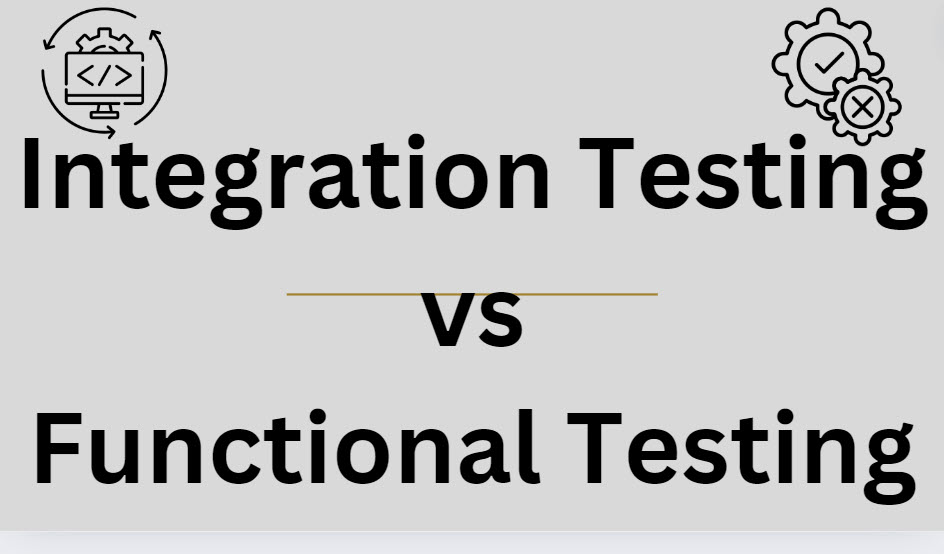Testing plays a crucial role in software development, ensuring the quality and reliability of applications. Integration and functional testing are two important types of testing that are often confusing. While both are essential, they serve different purposes and occur at various stages of the development process.
Functional testing focuses on validating the software’s features and functionality from a user’s perspective. It ensures that the application behaves as expected and meets the specified requirements. This type of testing examines whether the software does what it’s supposed to do without considering the underlying code structure.
On the other hand, integration testing is concerned with how different software components or modules interact with each other. It verifies that various parts of the system work together seamlessly when combined. This testing phase aims to identify issues that may arise when different code units are integrated.
One key difference lies in their scope. Functional testing typically covers the entire application, focusing on user-facing features. In contrast, integration testing concentrates on the interfaces between components and their collective behavior.
Timing is another distinguishing factor. Integration tests are usually performed earlier in the development cycle, often before the complete system is assembled. Functional testing, however, is generally conducted later once the entire application is put together.
The level of detail also differs between the two. Functional testing takes a black-box approach, examining the software’s output based on various inputs without considering the internal workings. Integration testing, however, requires a deeper understanding of the system’s architecture and how different modules should interact.
It’s worth noting that integration testing can be considered part of functional testing, as it contributes to ensuring the system’s overall functionality. However, it focuses more specifically on component interactions rather than end-user scenarios.
In practice, both types of testing are essential for developing robust software. Integration testing helps catch issues early in development, saving time and resources. Functional testing ensures the final product meets user expectations and performs as intended.
You may also like following the articles below
By understanding the differences and importance of integration and functional testing, developing teams can create more comprehensive test strategies, leading to higher-quality software products.

My name is Madhu, and I’m a certified Test Consultant with more than 16 years of hands-on experience developing and maintaining manual and Test Automation in the Software industry. I have experience with automation tools such as Selenium, Katalon Studio, etc.
